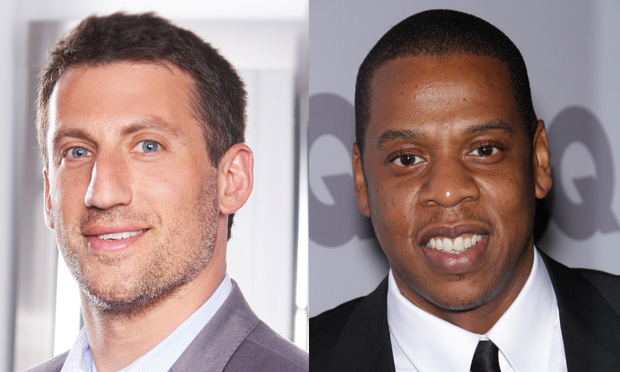Kilmar Ábrego García, a 29-year-old from El Salvador, has been returned to the United States to face two federal charges that emerged from an immigration crackdown earlier this year. Mistakenly deported in March, Mr. Ábrego García is accused of being involved in a long-term conspiracy to smuggle individuals across state lines, specifically transporting immigrants from Texas to other nearby states. The Attorney General of the United States, Pam Bondi, stated that El Salvador cooperated by releasing him after officials presented an arrest warrant.
His attorney has labeled the allegations as "preposterous," underscoring Mr. Ábrego García's turbulent two-month journey which included incarceration in a mega-jail in El Salvador, alongside over 250 other deported individuals. The grand jury's indictment, unveiled recently in a Tennessee court, accuses him of conspiracy to transport undocumented aliens and unlawful transportation of aliens. Bondi asserts the grand jury determined that he had a "significant role" in a ring that brought thousands of illegal immigrants into the country.
The indictment further claims that between 2016 and his deportation, he conducted over 100 operations, allegedly transporting several members of the gang MS-13. This designation was previously used by the Trump administration, who characterized him as a gang member, while Mr. Ábrego García has consistently denied these claims. Bondi also hinted at his involvement in trafficking weapons and drugs tied to the gang, though no charges related to those claims were filed.
Mr. Ábrego García’s legal representation contends he has no prior convictions linked to organized crime, neither in the US nor El Salvador. After his deportation earlier this year, under the Alien Enemies Act invoked by Trump, the administration faced criticism for its handling of his case. His lawyer, Simon Sandoval Moshenberg, voiced strong objections at a news conference, arguing that the government mismanaged the situation, and called for a fair trial.
Mr. Ábrego García first entered the US illegally as a teenager. In 2019, he was apprehended in Maryland, where an immigration judge granted him protection from deportation due to credible fears of gang-related persecution in El Salvador. His recent deportation has sparked legal and political disputes over his constitutional rights, with Maryland Senator Chris Van Hollen highlighting broader implications for all immigrants.
President Nayib Bukele of El Salvador, an ally of Trump, stated that the country would comply with the US's request for Mr. Ábrego García's return if he was indeed wanted for legitimate criminal charges. As Mr. Ábrego García prepares to make his first court appearance, US prosecutors are asking for his pretrial detention, citing concerns over his potential flight risk and danger to the community.























